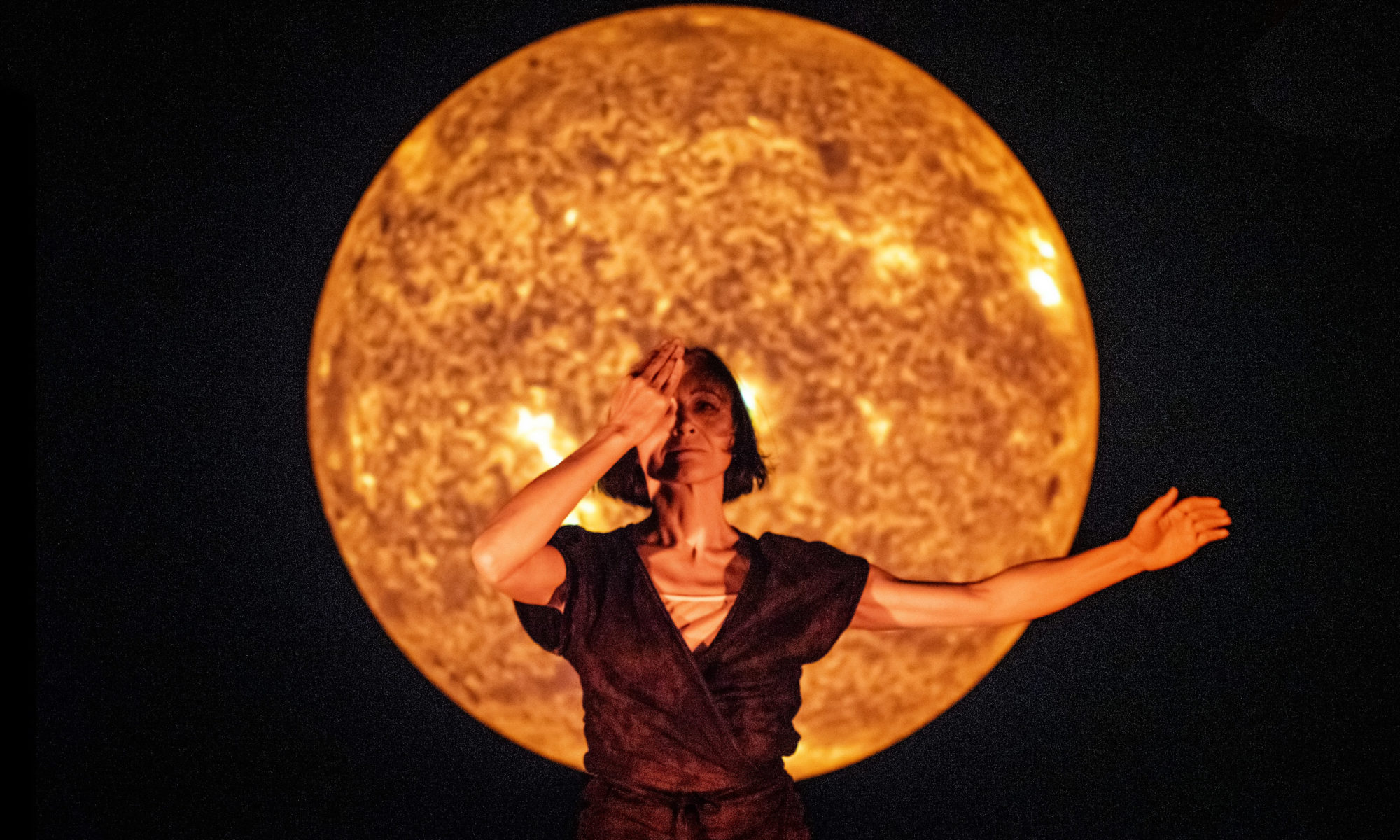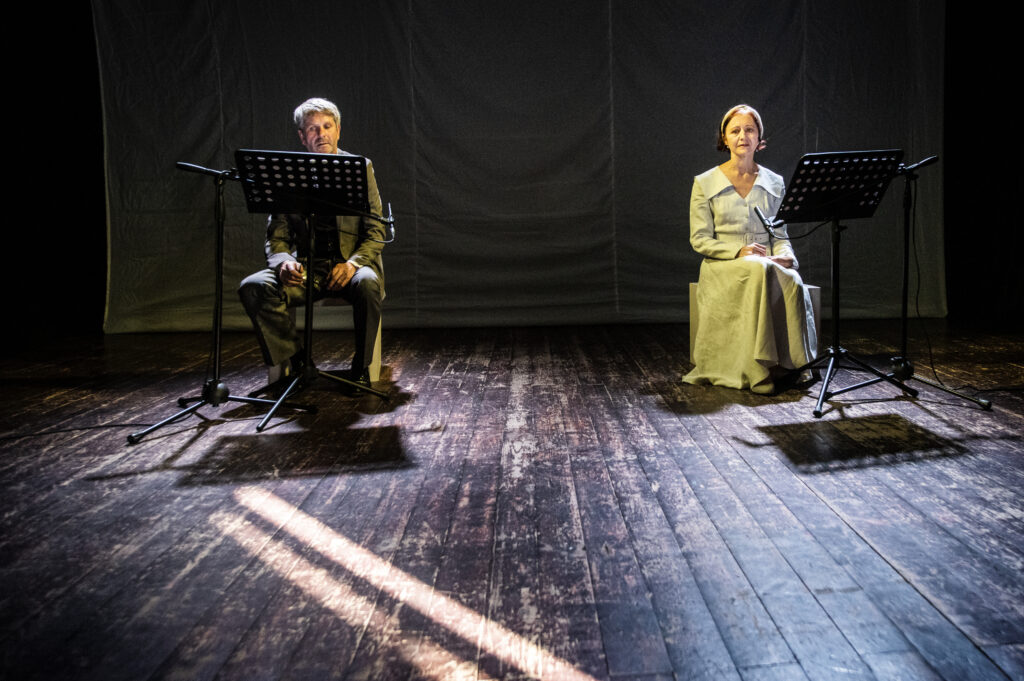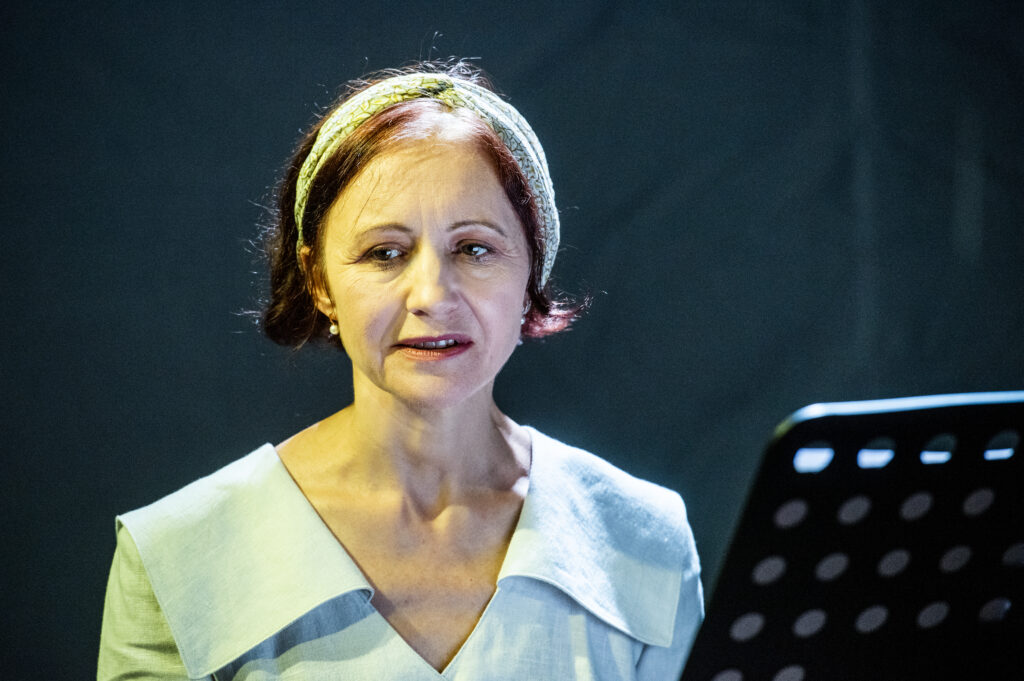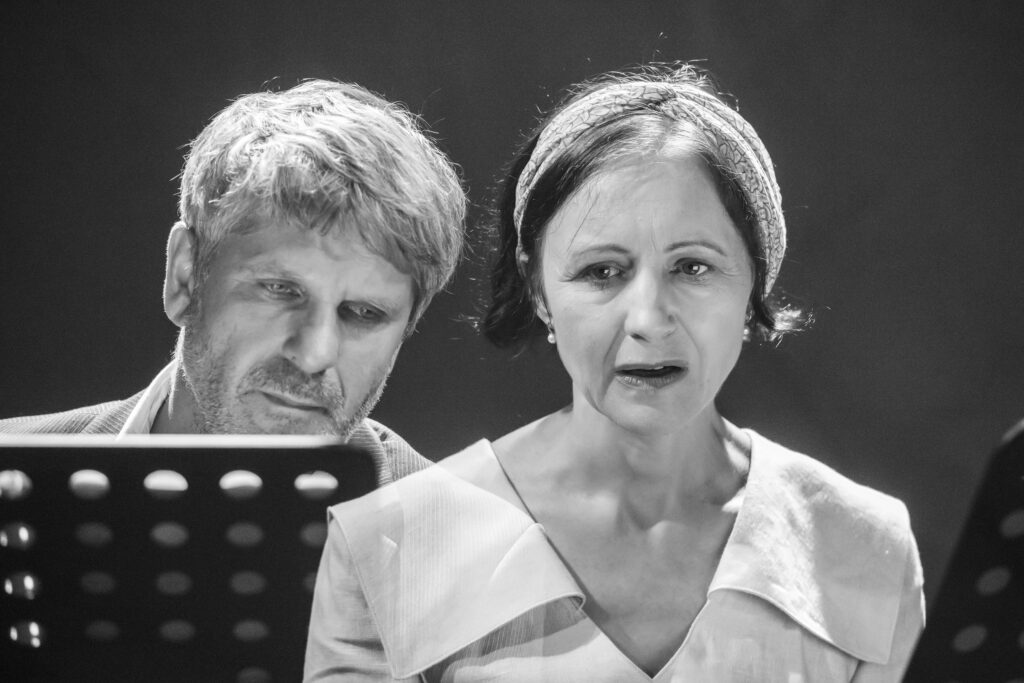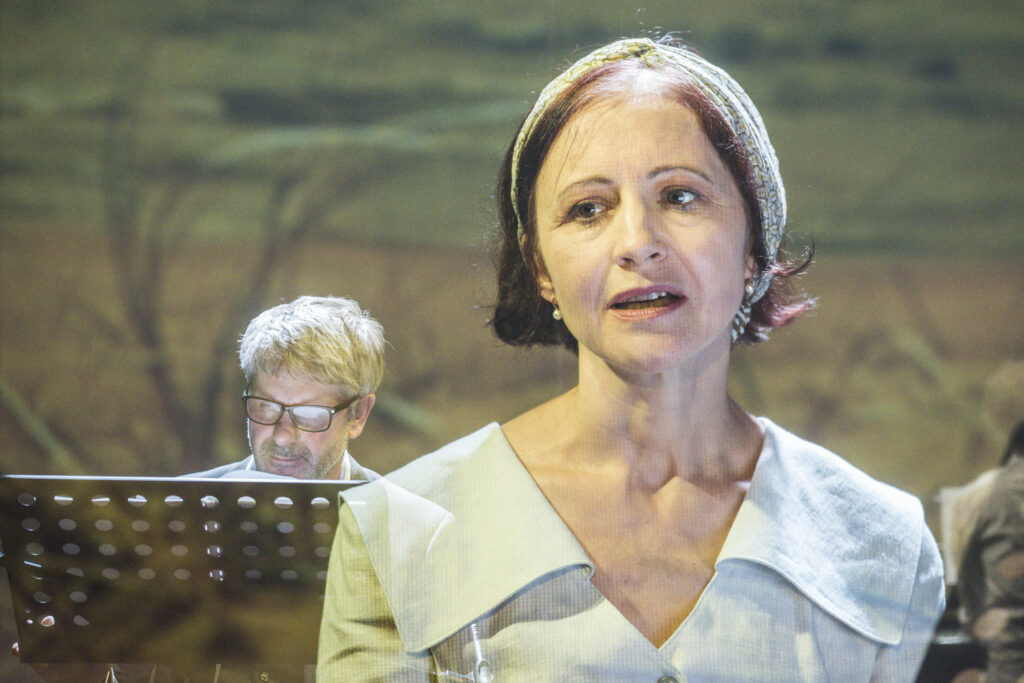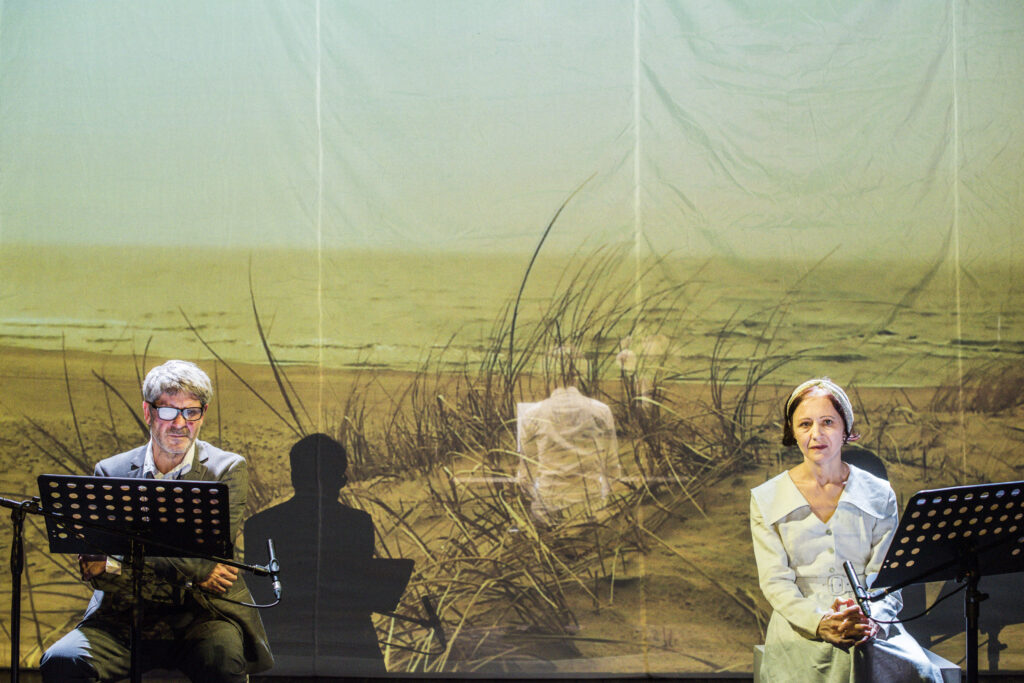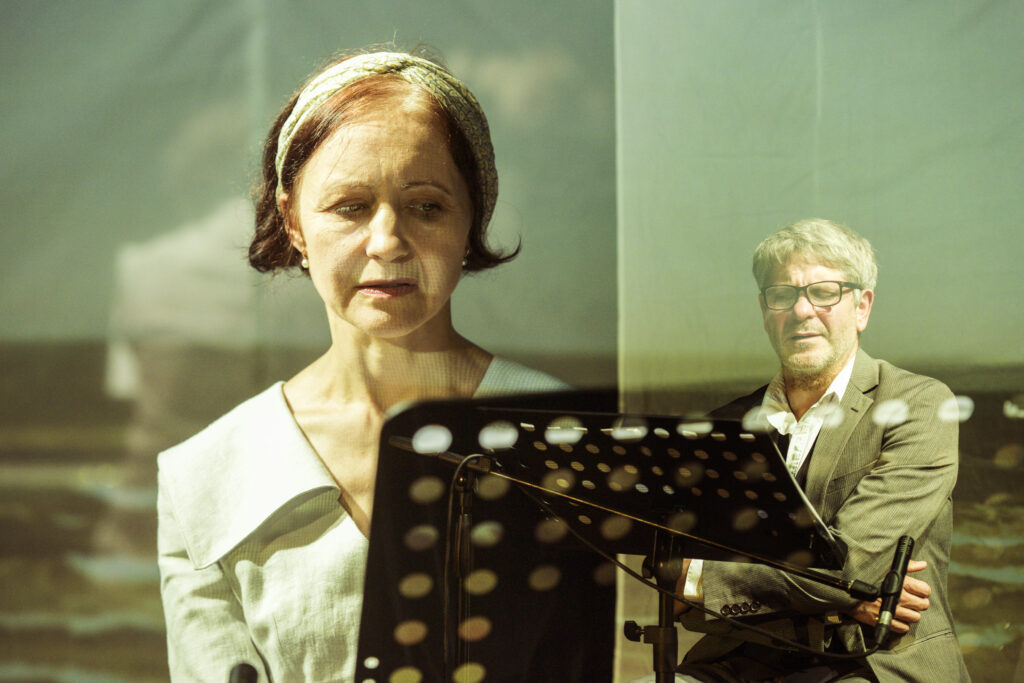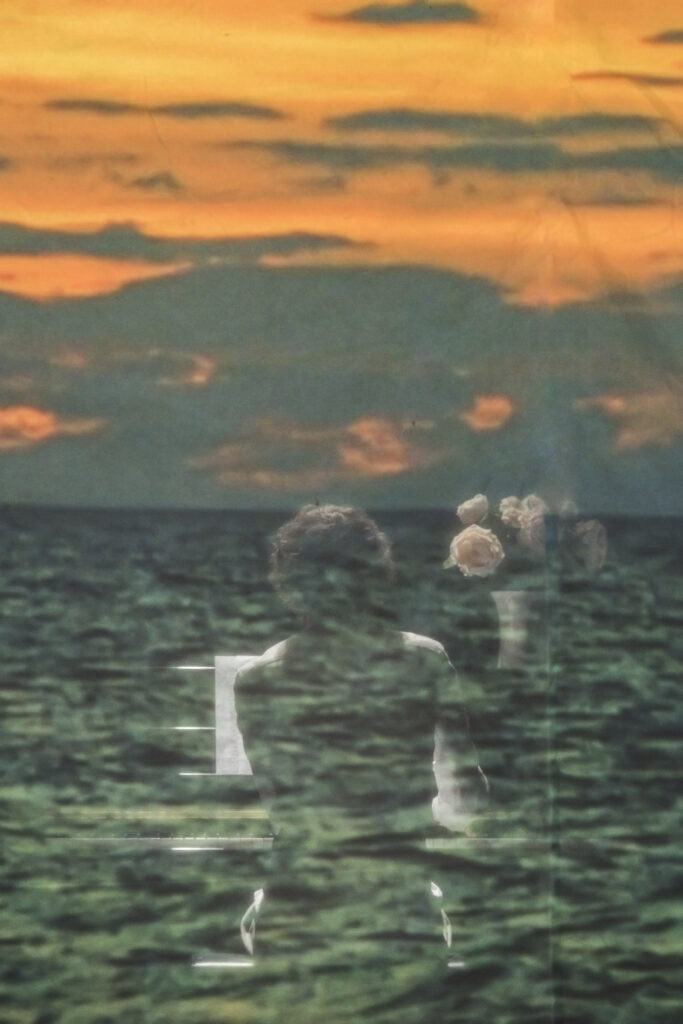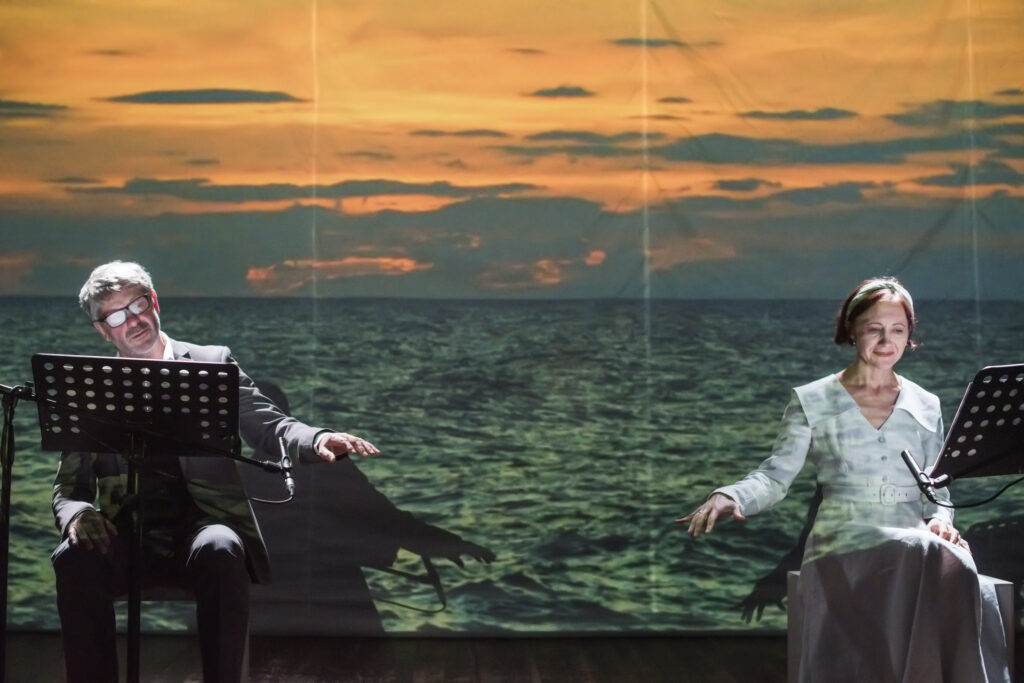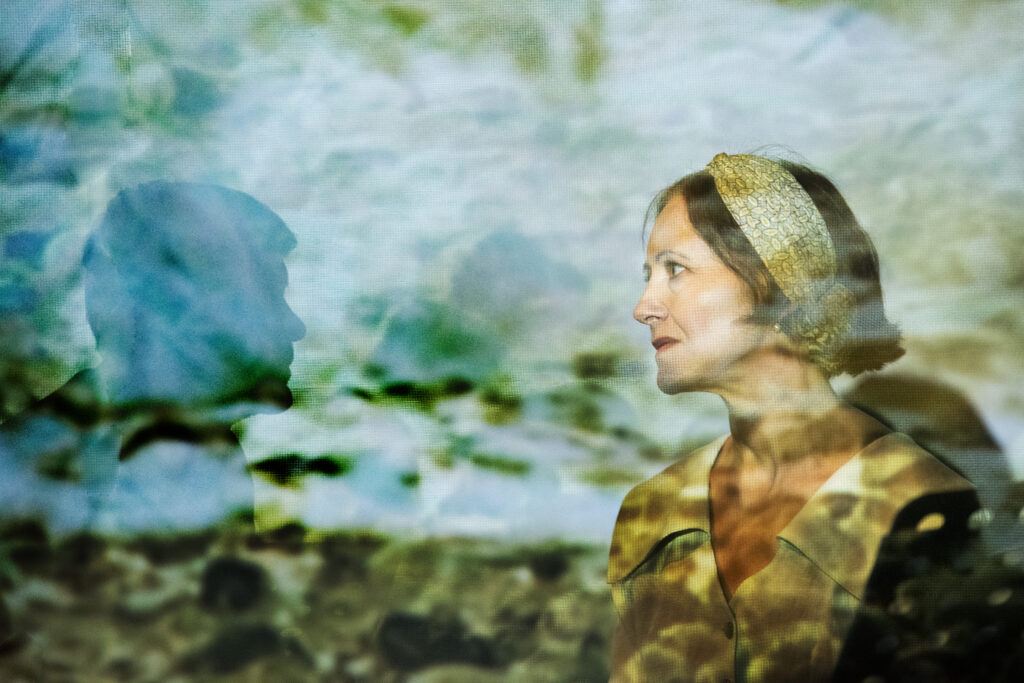One-act performance based on a play by MARGUERITE DURAS

Director – BIRUTE MAR
Scenographer – INDRE PACESAITE
The music was composed and selected by ANTANAS KUCINSKAS
Video Artist – KAROLIS BRATKAUSKAS
The play was translated to Lithuanian by JURGA VILE
Actors: BIRUTE MAR and ANDRIUS BIALOBZESKIS
The performance features live piano improvisations by pianist and composer GIEDRIUS KARALIUNAS
Duration – 1 hour
Premiere – 2020
The performance was partially financed by Vilnius City Municipality
Marguerite Duras is a well-known French writer, the winner of the Prix Goncourt, playwright and film-maker. In Lithuania, she is recognised by readers, film and theatre spectators. In her work, M. Duras talks about the most important things of being: love, the meaning of creation, inner freedom. The biography of the writer is shrouded in legends.
The play “Agata” (1981) was interpreted for the first time in Lithuania. It is an autobiographical psychological drama about a passionate love experienced between a brother and sister in adolescence and this love still remains for many years. The story tells about a meeting of the two after being separated for quite some time from each other, and like with all recurring memories, one cannot look past them.
According to the director of the performance, the play “AGATA” by M. Duras is quite different from the usual theatre performances: “It is like a piece of music: her heroes, Agata and her brother have been talking to each other about their feelings for more than an hour. So, there is no action. No storyline development. A French theatre of words and feelings that are like music…”
This is the second interpretation based on the works of the French writer M. Duras. The first one being the solo-performance “Lover” created by Birute Mar (based on M. Duras’ novel) has been shown in Lithuania and foreign theatre festivals for several years and has won a number of international theatre awards.
The sketch of the performance “Agata” was presented in Vilnius during the event “M. Duras: Theatre, Literature, Cinema” (2019).
